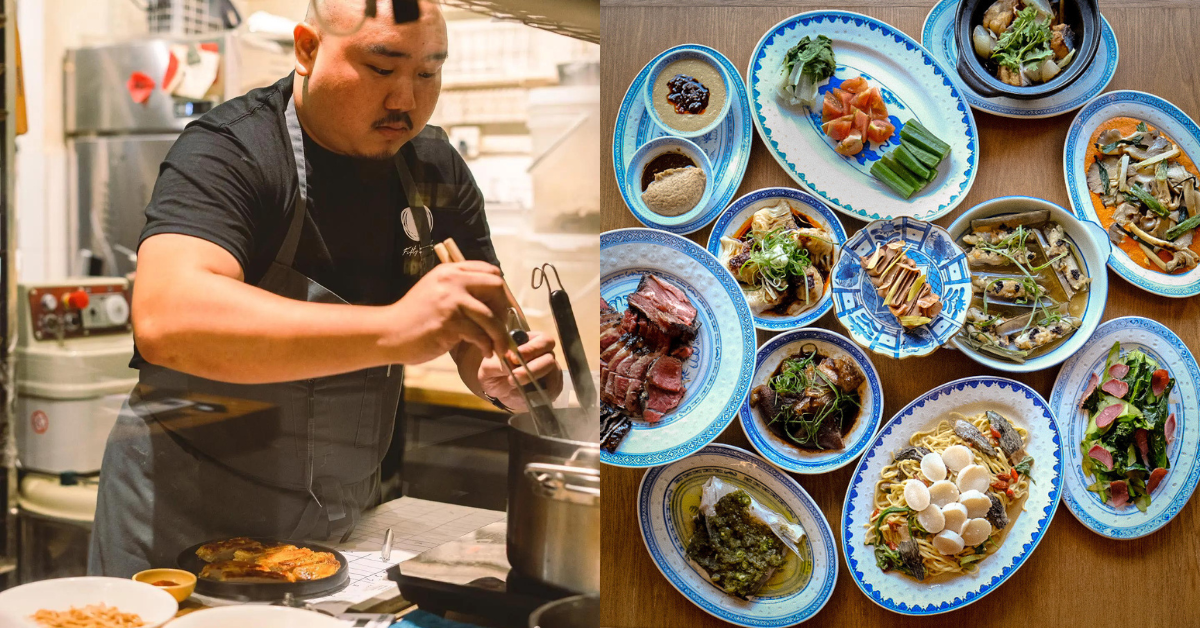The discussion and debate surrounding the topic of work-life balance is now as heated as it’s ever been. Look online and you’ll come across many articles, posts, tweets, and newsbites heavily discussing the unfair imbalances levied upon employees in companies the world over.
From reports of poor work cultures at top videogame studio Rockstar Games, to this unfortunate story of a Japanese man dying from overwork, to this viral Facebook post by a Malaysian accounting intern about long working hours at a top-four auditing firm, the outrage is there, and it’s growing louder.
Wanting to get some perspectives from the people who actually give out the salary slips and decide the cultures of the workplace, I reached out to four co-founders and CEOs from the Malaysian startup scene to get their quick thoughts on the work-life balance debate.
We’re All Adults Here
Beginning on a personal level, the founders revealed how their own companies dealt with the issue of creating a balanced work-life culture.
For Yellow Porter founder and CEO Vimal Kumar, the answer lies mostly in flexibility.
“As an employer, I do put emphasis on achieving the equilibrium of work-life balance with my team, however I’ve always had the belief that every individual has their own definition and version of it,” Vimal said.
“At Yellow Porter, we adopt a rather flexible working time that caters to employees’ individual needs—from a team member who prefers to start their day early and leave early for family reasons, to another individual who prefers to kick-off their day slightly later as they get better inspiration in the evening.”
Penny Choo of online flower delivery service Bloomthis also thinks that employees should have the freedom to deal with work-related matters beyond office hours as long as they know how to balance their time responsibly.

“There’s nothing wrong with dealing or not dealing with work beyond office hours as it’s all highly dependent on the nature of the work itself,” she said.
“I think it’s entirely up to the individual preferences—each and every one has their own commitments and responsibilities, and it’s up to us to determine where we put our focus on.”
Warren Leow of Inmagine Group shared his take on the matter and opined that there really is no right answer, only the right perspective.
“It’s a personal choice on where to draw the boundaries between work and personal time,” he said. “There isn’t a right or wrong answer on how one balances it—it depends on priorities.”
He also added that for most startup founders themselves, work-life balance would always be elusive on the way to achieving success.
“I don’t think founders ever have work-life balance if they want to build something big, and I also think that professional ambition and work-life balance don’t go hand-in-hand,” he said.
“Something has to give as a trade-off, and in my humble opinion, nothing beats hard work and a can-do attitude.”
Adel Ishak of F&B chain Little Fat Duck believes that there should be a good separation between work and play and practices the habit of giving his employees space beyond office hours.
“I personally place high importance on work-life balance—I don’t allow staff to stay past office hours,” he said. “The times I do message them after working hours is mostly when it’s a to-do list or an important item for the next day, which doesn’t need to be replied to.”
But he also feels that at times the situation isn’t so clear cut, citing distractions during working hours as one of the key reasons why there are so many cases of overtime.

“There are times where you have to do calls, emails, and work after hours, and this is where there needs to be a give-and-take between the boss and staff,” he said. “The main issue however, is while we have seven sufficient hours to complete our work, not all seven are spent doing it.”
“Many hours are spent on Facebook, WhatsApp, and other non-related work items,” he continued. “This is why they don’t finish their work and have to do overtime.”
“This doesn’t apply to everyone, but it’s the reality of what’s happening and at the end of the day, it’s all about giving and taking between employees and employers.”
Stacking Up To The Rest Of The World
Then of course, comes the unavoidable comparison between Malaysia and other countries. As is common knowledge, countries such as Denmark, Norway, and Australia are consistently brought up as examples whenever talk of work-life balance arises, their practices of ending work on time and more-than-adequate staff benefits commonly used in as supporting points
When asked whether or not Malaysia should emulate these countries, the founders offered slightly different takes but in the end came to an agreement that there were lessons to be learned from these leaders, but that not everything could be applied to us a hundred percent.
Penny noted that it would be smart for us to try and emulate these countries, but also reminded that it would be prudent that we understand the differences that separate us from them.
“As the level of education, the mentality, as well as infrastructure is so different from Malaysia, we can definitely refer to their practices,” she said. “But at the same time, we should also set realistic expectations regarding the implementation of these practices.”
“That said, that would also mean some practices may not be practical due to the culture and religious differences—what we can do is adopt some of these practices and adjust and tweak them based on locality.”
Warren suggested that while it’s fine to look at these leaders as benchmarks, it’s also important to know just how to get to that level.
“Although I do think it’s fair to compare us with Denmark, Norway, or Australia in terms of work-life balance, I also think young Malaysians need to understand that if they want to earn more and get paid as much as employees in more developed economies, they have to work harder, smarter and be even hungrier to progress.”
Vimal thinks that it all depends on the industry and role a person is in.
“I don’t think it’s a blanket situation across all industries,” he said. “To me, it’s very subjective because I know not all roles and industries have the ability to not work beyond regular timings and end the day at a fixed time.”

Do It For Yourself
Summing up these thoughts, the consensus unsurprisingly lands on a sentiment that goes something like this: balance out your life and your work, but not at the expense of one or the other. If one of the two starts to suffer, invest into that one more than the other.
Yes, while the arguments now are all strongly for a good balance of life and work, it’s also important to note that good things seldom come without a little sacrifice—if you want that promotion, it may not hurt to stay back at work a little, or if you really want to mend your family affairs, it might be worth it to take an extended period of leave if you can afford it.
Looking at how the job market works as a whole, there really is no rigid, one-size-fits-all solution to the issue. With different people in a different season in their career paths, the best way to move along with this is to look at the individual and see what needs attending to the most.

“At the end of the day, it boils down to priorities and what matters to different people—on one end of the spectrum, the more you work, the smarter you work, the more you’ll earn,” Warren said. “On the other end, the more work-life balance you have, the more time you have to spend on your hobbies, loved ones, and other interests.”
“One should optimise for whichever adds the most utility and happiness.”
Feature Image Credit: Unsplash









